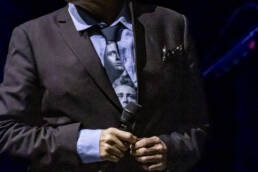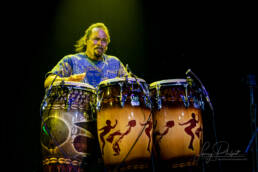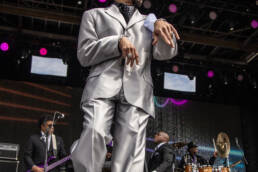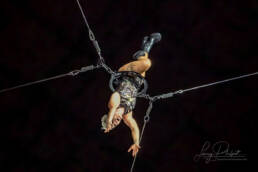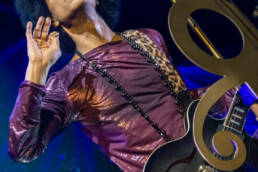Martina McBride: The Voice of Heartbreak and Hope
Note: I met her backstage, before the show and this ALWAYS makes for better concert photos. I loved her, as you can tell from the photos, below. And, she gave me this:
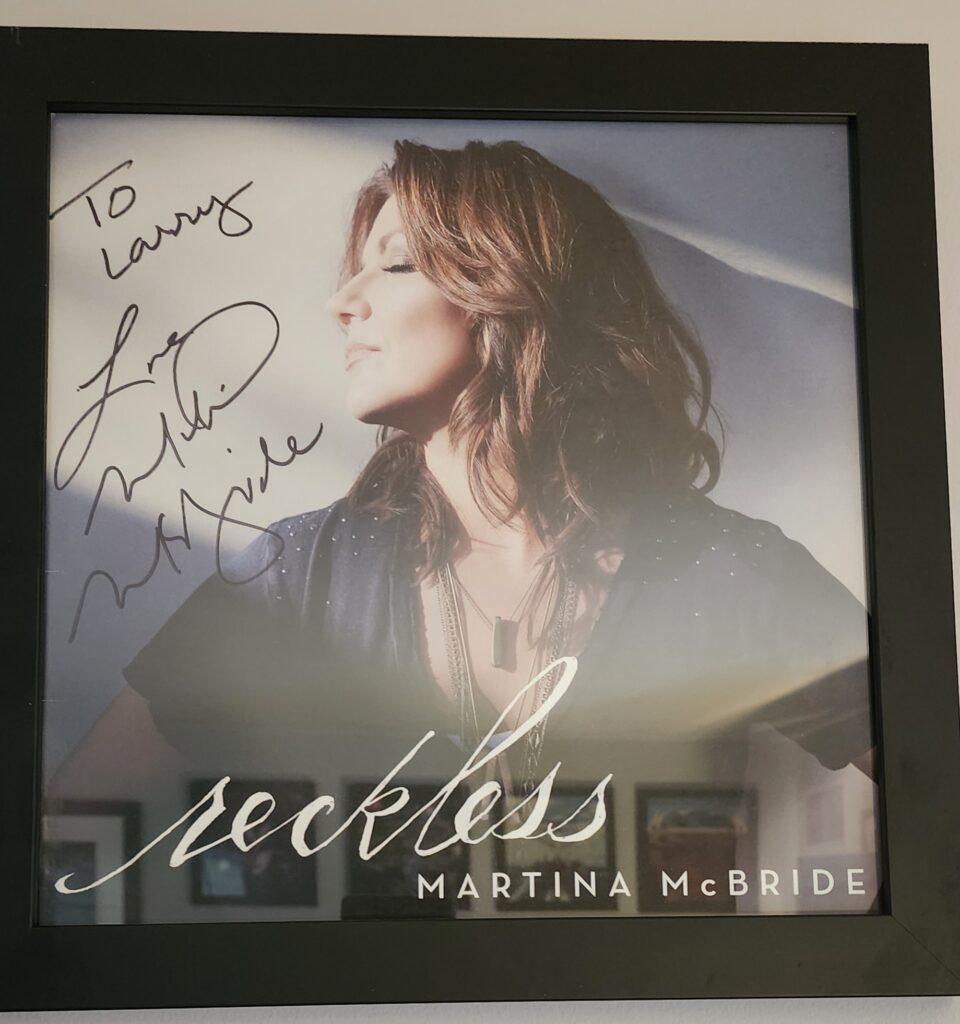
Picture a young girl on a Kansas farm, her voice rising over the wheat fields, singing along to the radio as the sun dipped low. That was Martina McBride, a prairie dreamer with a soprano that could pierce the sky and a spirit tougher than the plains. Her journey to music wasn’t a flashy leap—it was a slow burn, fueled by family, faith, and a need to tell stories that mattered. Martina’s tale is one of grit, grace, and a career that turned country music into a canvas for the human heart.
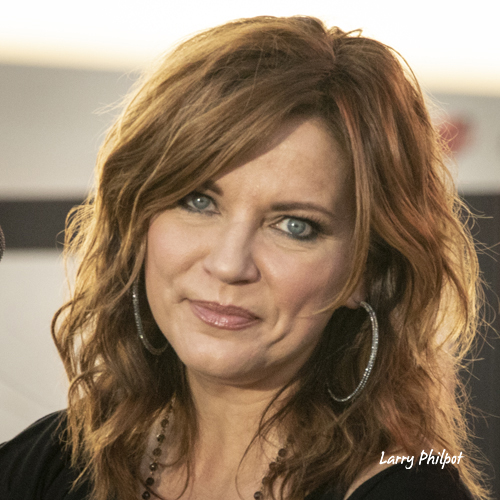
The Spark That Struck a Chord
Martina didn’t chase music; it grew up with her. Born Martina Mariea Schiff on July 29, 1966, in Sharon, Kansas, she was raised in a farming family—dad Daryl a carpenter, mom Jeanne a homemaker. Her motivator? A love for singing that took root early, sparked by her father’s band, The Schiffters. At eight, she joined them, belting country standards in dusty VFW halls. “I’d stand on a milk crate,” she’d laugh later, “and pretend it was the Opry.” By her teens, she was fronting her own rock band, but country called her back—a pull to tell real stories, not just sing them. A demo tape and a leap to Nashville in 1990 turned that spark into a flame, lighting her path to stardom.
A Thorough Biography: From Plains to Power Ballads
Martina’s early life was pure Midwest—two brothers, a sister, and a 7,000-acre farm near Medicine Lodge. She sang at church, played piano, and graduated high school in 1984 with dreams bigger than her town. Post-grad, she gigged with local acts, marrying sound engineer John McBride in 1988. They moved to Nashville in 1990, hustling—Martina sold T-shirts for Garth Brooks while John mixed his sound. Her break came in 1991 when RCA Records signed her after hearing “The Time Has Come.”
Motherhood shaped her too—daughters Delaney (1994), Emma (1998), and Ava (2005) arrived amid albums and tours. She and John built Blackbird Studio, a Nashville hub, balancing family and fame. By 2025, at 58, she’s a country queen—13 albums deep, a voice still crystalline, and a legacy of songs that hit like thunder. Offstage, she’s a cancer research advocate, inspired by her mom’s battle, and a cookbook author, sharing recipes from her Kansas roots.
Career Biography: Bands, Bonds, and Big Screens
Martina’s no bandleader—her name’s the marquee. Early on, she sang with The Schiffters, just Daryl on guitar and local players. In Nashville, she fronted pickup bands—drummer Lonnie Wilson and steel guitarist Paul Worley backed her Wild Angels tour—but her “most popular band” is Martina McBride solo, with studio aces like bassist Michael Rhodes shaping her sound.
Relationships? She’s collaborated with legends—duets with Reba McEntire (“Does He Love You”), Jim Brickman (“Valentine”), and Kelly Clarkson (“In the Basement”). Garth Brooks gave her an opening slot in 1992, launching her rise. Her husband John’s her rock—no juicy flings here. TV welcomed her—CMT Crossroads with Pat Benatar (2010), American Idol judging stints (2008), and a Baywatch cameo (1996) as herself. She voiced a chicken in Home on the Range (2004) and sang for Touched by an Angel. Awards? Four CMA Female Vocalist wins (1999–2004), three ACM Female Vocalist trophies (2001–2003), and a 2011 Grammy nod for “I Just Call You Mine.” No Hall of Fame yet, but she’s a shoo-in someday. Her biggest songs? Here they are:
- “Independence Day” – Written by Gretchen Peters, a 1994 firestorm of domestic abuse and defiance.
- “A Broken Wing” – Penned by James House, Sam Hogin, and Phil Barnhart, a 1997 No. 1 about resilience.
- “Concrete Angel” – By Stephanie Bentley and Rob Crosby, a 2002 tearjerker on child abuse.
- “My Baby Loves Me” – Paul Henning’s 1993 hit, a joyful love song that peaked at No. 2.
Controversy: Singing Truth to Power
Martina’s stirred pots with her songs. “Independence Day” sparked debate—some called its tale of a woman burning her abusive home too dark for country; others hailed it feminist. Radio hesitated, but fans made it a classic. “Concrete Angel” hit harder—its child abuse video got banned in spots, too raw for 2002 airwaves. Martina stood firm: “These are real stories.” In 2016, her cover of “Stand By Your Man” for Forever Country irked purists who wanted Tammy Wynette’s ghost left alone. On X, she’s vocal—pro-women’s rights, anti-violence—drawing both cheers and jeers. She’s no stranger to taking a stand.
A Night to Remember: The Opry, 1995
Let’s rewind to November 30, 1995, the Grand Ole Opry. Martina’s 29, a newbie with two albums, stepping onto that sacred circle. She’s in a red gown, hair teased high, nerves jangling. The invite came after “Wild Angels” climbed charts, but she picks “Independence Day” to debut. The crowd’s quiet as she starts—“Well she lit up the sky that Fourth of July”—her voice a blade, cutting through the hush. By the bridge, fists pump; by the end, tears flow. Vince Gill, backstage, hugs her: “You just owned this place.” She’s inducted that night, sobbing as she clutches the mic. “I grew up dreaming of this,” she tells the crowd. It’s Martina unfiltered—small-town girl turned Opry queen, her voice a beacon in the Nashville night.

